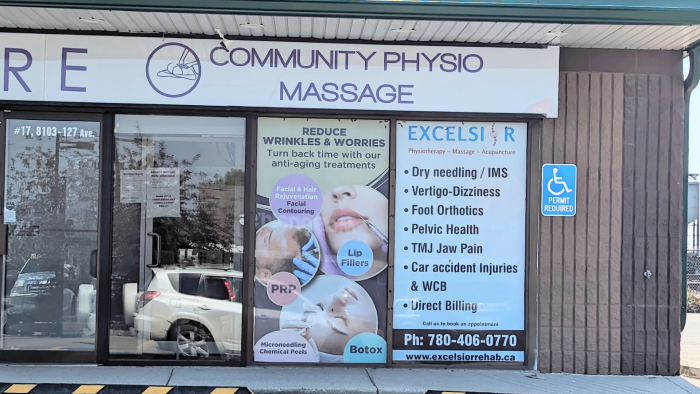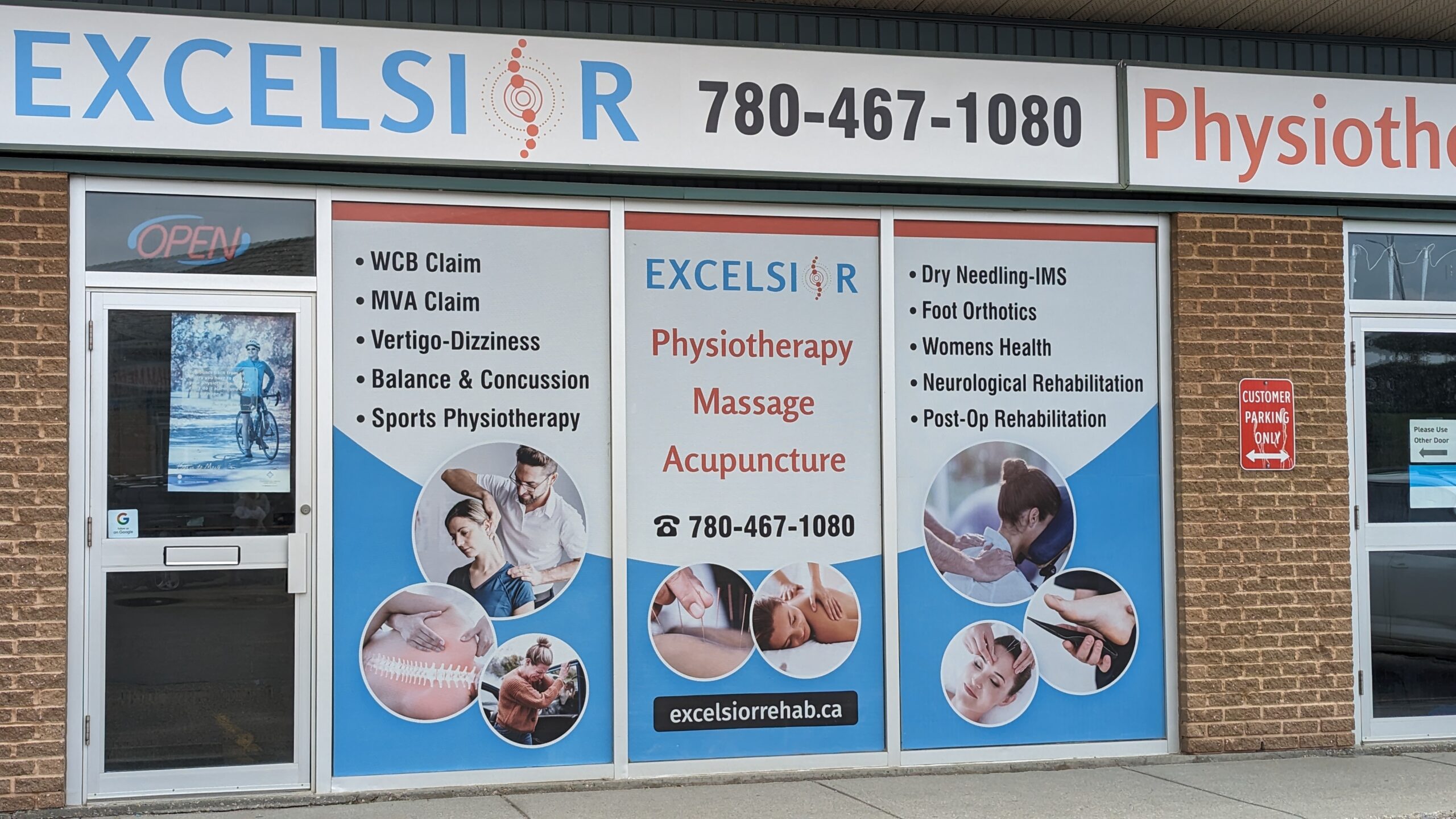MEDICATIONS FOR ARTHRITIS
Home » MEDICATIONS FOR ARTHRITIS
Introduction
We extend a hearty welcome to Excelsior Physiotherapy’s educational resource on Medications for Arthritis.
Doctors prescribe a variety of drugs to treat various types of arthritis. Your doctor will prescribe
from three drug classes, such as DMARDs or Disease-Modifying Antirheumatic Drugs, NSAIDs or
Nonsteroidal Anti-Inflammatory Drugs, or corticosteroids.
NSAIDs or Nonsteroidal Anti-Inflammatory Drugs
Benefits of NSAIDs
NSAIDs are one of the most commonly used drugs. Some of the over-the-counter NSAIDs are
naproxen, ibuprofen, and aspirin. NSAIDs are usually consumed in pill form but your doctor will
prescribe just a single type of NSAID for arthritis.
Arthritis is associated with symptoms like inflammation, which is the response by your body
during injury to initiate the healing process. However, when the inflammation response
becomes serious, it inflicts serious tissue damage. NSAIDs will help lower the fever, pain, and
inflammation to offer relief. But, they have a short span and as soon as they are out of your
system, the fever, pain, and inflammation will return.
NSAIDs are an effective choice to combat inflammation, which will lower your discomfort and
pain but will not control tissue damage. Even when NSAIDs tackle the inflammation, the organ
and joint damage by arthritis will begin to worsen.
NSAIDs Complications
NSAID drugs are very safe to use, but they also have side effects. These side effects occur more
when NSAIDs are used for a long duration, which cannot be avoided when you have arthritis.
So, it is essential to use lower doses to control the symptoms to avoid serious side effects.
Aggravates Gastrointestinal Tract
NSAIDs will cause severe irritation in your GI or gastrointestinal tract including intestines,
stomach, and esophagus. These drugs will improve the secretion of gastric acid and will hurt
your gastric lining. These drugs will induce GI bleeding and ulcers. About 5% of people using
NSAIDs have experienced GI tract tears, bleeding and ulcers. The risks are much higher in the
elderly who have heart issues and GI issues. Few prescribed NSAIDs like COX-2 inhibitors
perform differently when ingested rather than other drugs like naproxen, ibuprofen, and
aspirin.
Effect on Liver
NSAIDs can have a toxic effect on the liver, as it triggers the secretion of specific liver enzymes,
which can be found in blood tests. When you stop taking these drugs, your liver function will
come back to normal.
Effect on Blood
NSAIDs can make it tough to clump the blood on the injury site, leading to bleeding issues. So, it
is essential to avoid aspirin intake before your surgery.
Effect on Kidney
NSAIDs can take a toll on your kidneys, making it tough to dispel waste. Your doctor might
suggest NSAIDs with caution if you have an underlying kidney issue.
Other Side Effects
Some of you might have rashes and reactions when taking NSAIDs. Some might get asthma,
nose polyps, and runny nose. Salicylates will cause hearing issues while other NSAIDs will lead
to confusion and headaches among the elderly.
CORTICOSTEROIDS
Corticosteroids are considered as copies in chemical formulation of the naturally occurring
hormones in your body. It is mostly used in the form of methylprednisolone, prednisolone, and
prednisone and taken as intravenous shots or orally. These powerful drugs will control
inflammation and are very toxic. Though these drugs can’t cure arthritis, they can slow down
the disease progression.
Corticosteroids Complications
Corticosteroids have a negative effect on your body. However, it depends on the type, time
length, and dosage of the drugs you are taking and how they respond to your hormones.
Corticosteroids Side Effects
- Osteoporosis: Drugs like Corticosteroids might slow down bone growth leading to conditions like osteoporosis, which lowers bone mass. The vertebrae’s compression fractures will cause osteoporosis caused by long-term usage of Corticosteroids. It is more common among women after menopause, which is why Vitamin D and calcium
supplements will be prescribed along with it. - Bacterial Infections: If your body has high concentrations of Corticosteroids, it will hinder its ability to combat bacterial infections. Using Corticosteroids continuously will hide infectious symptoms like bowel tears and abscesses. Some viral infections like herpes will also get worse when using Corticosteroids.
- Insufficient Amount of Adrenal: When you are taking Corticosteroids, it will hinder your adrenal and pituitary glands, which produce specific types of hormones. So, it is important to take it in lower doses only.
- Corticosteroids Withdrawal: While trying to lower the dosage, your body might begin to show withdrawal symptoms. You might experience symptoms like fever, low blood sugar, nausea, headaches, joint pain, and vomiting.
DMARDs or Disease-Modifying Antirheumatic Drugs
DMARDs are widely used for treating rheumatoid arthritis, as it is a slow-acting drug. This drug
is used for preventing joint damage, as it will not cure the arthritis condition permanently. Most
often, the doctor will prescribe a combination of DMARDs, NSAIDs and corticosteroids to treat
your condition. Sometimes more than two DMARDs will be prescribed, which is safe, as studies
show that these drugs don’t have a toxic effect on your body.
DMARDs: Types and Complications
There are several types of DMARDs, which are useful for treating various medical issues.
- Antimalarial Drugs: Drugs like chloroquine and hydroxychloroquine have been used for treating rheumatic diseases since the year 1950. They are most widely used to treat malaria, lupus, and RA. The side effects of these two drugs are eye issues, rashes, and digestive problems.
- Penicillamine: It has a vital role in messing with your immunity levels. About 25% of the people who took DMARDs complained of this side effect within a year. The side effects include drug-led lupus, autoimmune issues, and fewer blood platelets.
- Sulfasalazine: It is the latest drug that is mostly used for treating conditions like spondyloarthropathies / spinal arthritis and rheumatic arthritis. It will cut down the bone erosions while having a few minor side effects. You might face side effects like sweat, urine discolouration, low sperm count, liver disorder, pain in the abdomen, rashes, and nausea.
- Gold: Gold compounds will be helpful in treating rheumatic arthritis, psoriatic arthritis, and chronic arthritis. It is injected into the muscles one time a week. The gold therapy is beneficial for a year but after that people begin to develop side effects. Some of the side effects are mouth sores, lung issues, protein presence in the urine, blood disorders, and diarrhoea.
- Methotrexate: This drug is effective and works within a month or two. It takes a bit longer to work than DMARDs. The side effects of methotrexate include higher liver enzyme levels, loss of appetite and nausea. The long-term effects of this drug include lung disease and liver damage.
- Azathioprine: Azathioprine is widely used for treating lupus, diseases related to connective tissues, and rheumatic arthritis. It also keeps the effects of steroids at bay. The effectiveness of Azathioprine is similar to DMARDs but causes side effects like suppression of bone marrow, hepatitis, diarrhoea, nausea and vomiting.
- Nitrogen Mustard Alkylating Agents: Cyclophosphamide and Chlorambucil are renowned alkylating agents that perform like DMARDs. It can be useful for treating ankylosing spondylitis, systemic sclerosis, vasculitis, juvenile chronic arthritis, and rheumatic arthritis. It causes medical conditions like cancer and leukaemia.
- Cyclosporine: Cyclosporine is highly effective for treating rheumatoid arthritis, but it indices side effects like high blood pressure and kidney problems. Kidney function gets to normal as soon as you stop Cyclosporine.






